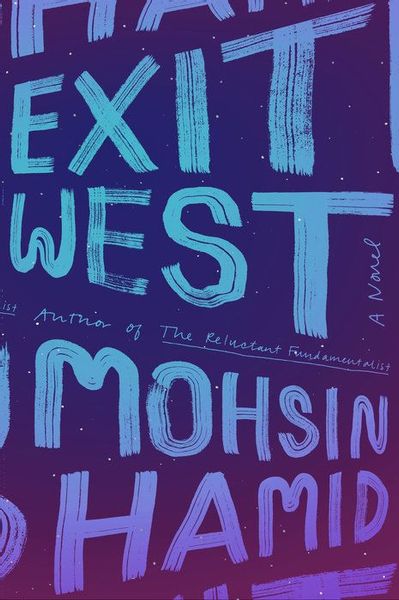
Exit West A Novel
"In a country teetering on the brink of civil war, two young people meet--sensual, fiercely independent Nadia and gentle, restrained Saeed. They embark on a furtive love affair, thrust into premature intimacy by the unrest roiling their city. When it explodes, turning familiar streets into a patchwork of checkpoints and bomb blasts, they begin to hear whispers about doors--doors that can whisk people far away, if perilously and for a price"--
Reviews
Rahma Ali@rali
Brynn Sklar@brynnhiilde
safs@safsreads
Taha@khanstopme
azliana aziz@heartinidleness
hileahrious@hileahrious
Valeria M@valerievandyne
Wynter@wynter
Sarah Wilson@sarahelisabet
Katherine Yang@bookwormgirl910
Charlotte Dann@chareads
Prashanth Srivatsa@prashanthsrivatsa
Shona Tiger@shonatiger
Amy Thibodeau@amythibodeau
Alexandra Sklar@alexandrasklar
Siya S@haveyoureadbkk
Janice Hopper@archergal
Mie@mies_books
Chiyeung lau@chiyeung
Zee Abbas @zee_a
Dave Perkins@tallyhoooooo
Zahia Saeed @zahiawrites
Lauren Tabor@readingthroughwonderland10
Saima A@alattebooks
Highlights
August Stone@unfortunatecrowboy
Lindsay@schnurln
Lindsay@schnurln
Lindsay@schnurln
fira@orufrey
Matt Midgette@Bottlerocket